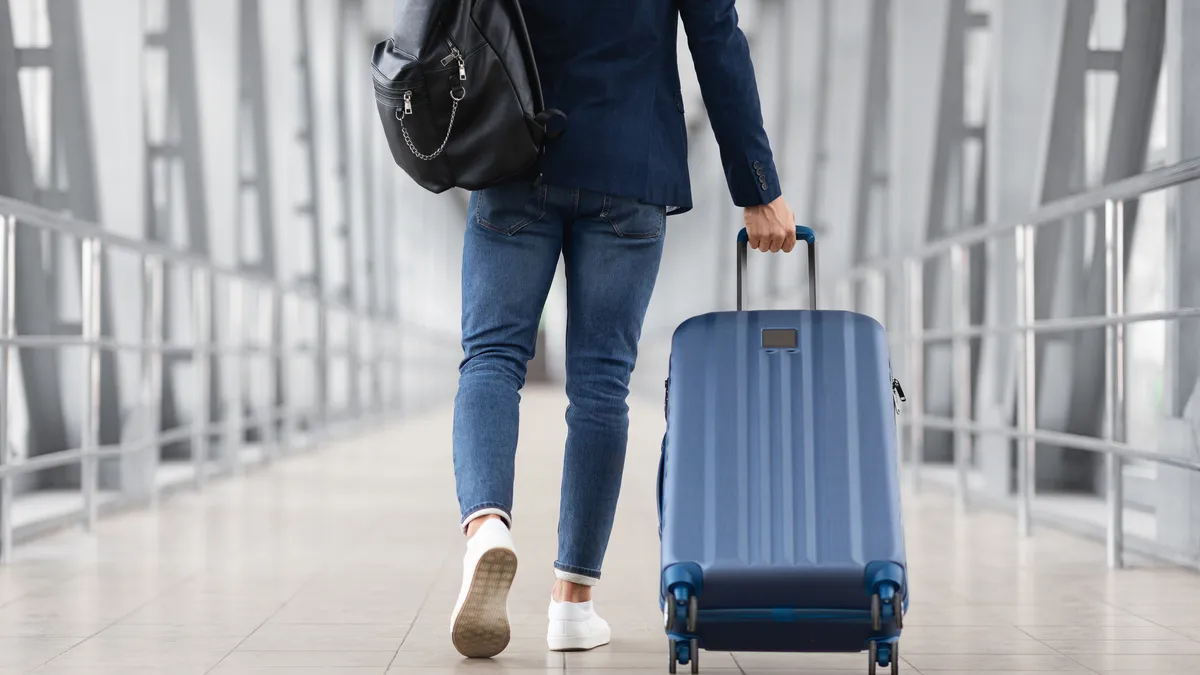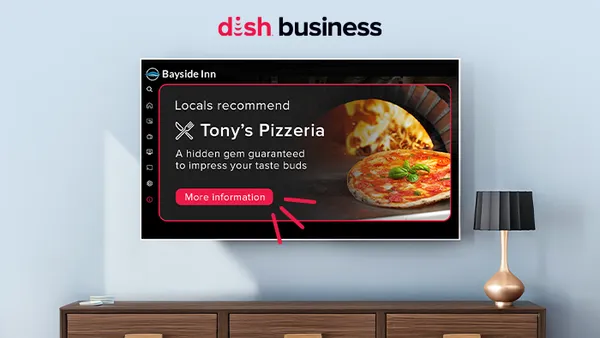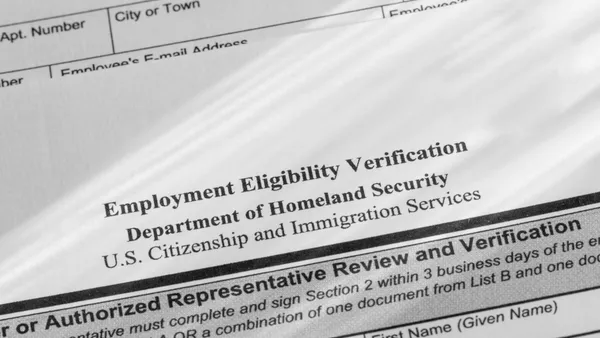Hotel Tech-in is our regular feature that takes a closer look at emerging technology in the hospitality industry.
When it comes to lost luggage, most people think of airports — suitcases that get left behind on tight layovers or sorted to the wrong location.
But hoteliers have to deal with lost items, too. And in the age of post-pandemic “revenge travel,” some are finding more travelers’ belongings than ever before.
“You're finding more and more people traveling, which means the opportunity to lose more things,” said Mindi Cooke, SVP of business development at Reunitus, an Atlanta-based “lost and found solutions” provider.
You’d be surprised, Cooke said, what people leave behind in hotel rooms.
“It’s amazing,” she said. “I don't know how you'd lose a cell phone because it's got everything on it.” But cell phones are some of the most common finds.
Reunitus connects travel industry players — everyone from major airlines to hotel brands like Hilton, Marriott International and Caesars Entertainment — with travelers in search of lost items.
And though the company started by working with long-distance bus lines in the ‘70s, recent tech developments have made it easier to connect travelers and hotels.
The need for better lost and founds
“The Motel 6 Left Behind Survey” — a 2015 study conducted by G6 Hospitality and Kelton Global — found that 29% of Americans are more likely to accidentally leave an item behind in their hotel room than take an item, like hotel shampoo or soap, home with them.
The survey found that of belongings left on Motel 6 properties, most were clothing and toiletries, followed by electronic devices (including chargers), jewelry, underwear and hair styling tools.
But lost and founds have come a long way since the days of throwing miscellaneous items in an unused closet.
In the ‘70s, entrepreneur Doyle Owens picked up unclaimed baggage from Trailways Bus Line. He then re-sold their contents off of card tables in a rented house.
It was a lo-fi way to kick off what would become a tech-driven lost-and-found business. Owens’ services proved popular among bus lines, airlines, hotels and more, and eventually, he opened a brick-and-mortar shop to sell it all year-round, splitting profits from sales with the travel companies who found the missing items.
Though the store, Unclaimed Baggage, was a hit, the company later developed enough expertise in the lost-and-missing items arena that it was able to launch BagNet, a baggage tracing and resolution system that is still used by travel providers today.
Now, the company also offers software that helps reunite lost items with travelers — and when the travelers don’t claim them, sell them for profit. Though resale, Cooke notes, is a last resort.
“We want our partners to return as many items as absolutely possible,” she said. “But we also know that there are some items that just are never picked up, or are never able to be returned, and people just decide they don't want them.”
Creating ‘lost reports’
Reunitus’ platform connects travel providers — spanning airlines, hotels and other transport — with guests in search of missing items.
If a hotelier is unable to get in touch with the guest who left behind a belonging, they can log on and create a lost report. On the hotelier’s end, Cooke suggests adding as many details to a found report as possible — serial numbers, in particular, can speed up the matching process.
Then the platform’s algorithm steps in. “It has outstanding matching capabilities,” Cooke said. “That's really where we've seen technology take off.”
When the platform finds a match, Reunitus facilitates the return process, ensuring that the lost property truly belongs to the traveler before sending it to them. “We don’t return any item that isn’t a 100% match,” Cooke said.
Reunitus continues to improve its matching algorithm, and the company is now working on a 2.0 version of the platform, to launch in November, which will offer more features and ease of use, as well as optimization for mobile.
That’s good news for travelers — especially, as Cooke points out, some found items have more emotional value than monetary.
“There are things you find that people care more about because it's an emotional connection,” Cooke said. “You know, if they leave their teddy bear. Really, there's so much that can be left.”











